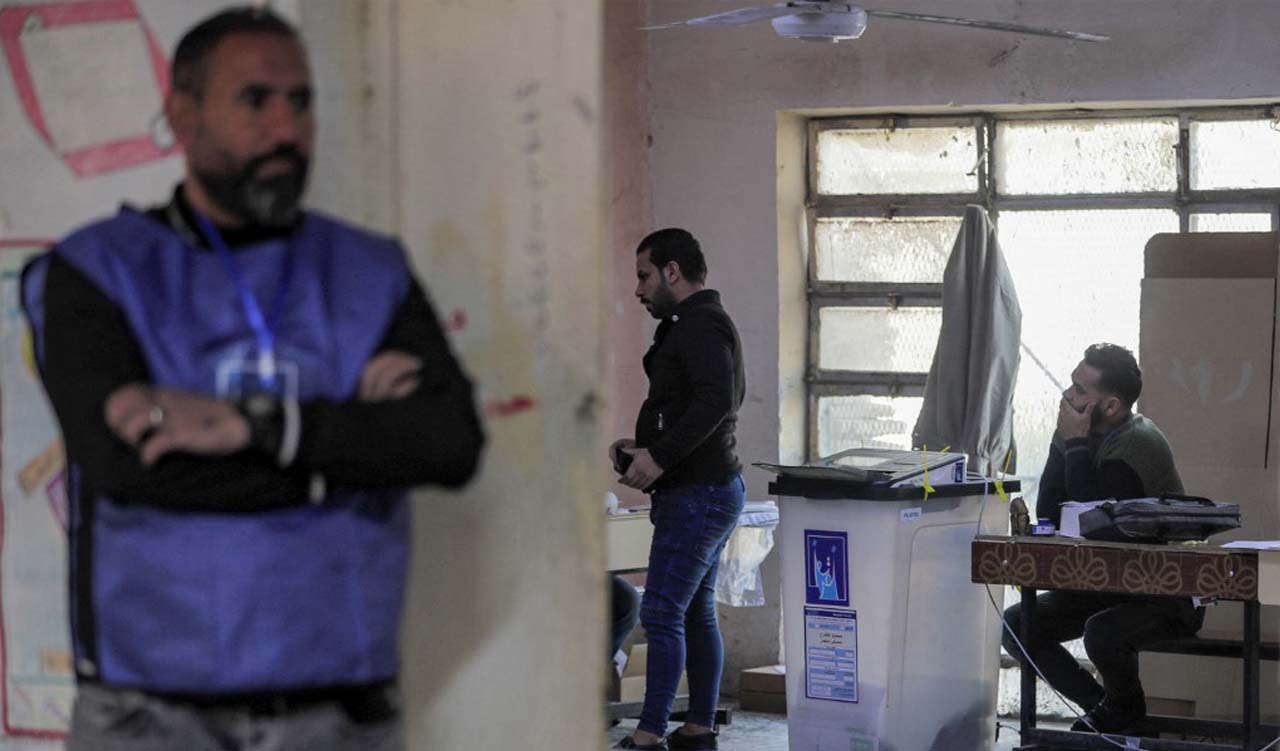Electoral commission to release provincial council preliminary results

ERBIL (Kurdistan24) – The Iraqi electoral commission is set to announce the preliminary results of the provincial council election on Tuesday afternoon in a presser, as unofficial figures indicate high Kurdish votes in the disputed territories.
The Independent High Electoral Commission, known as IHEC, will only announce the “preliminary results” that it received from the voting centers at 5:00 PM (Baghdad time), Kurdistan24 has learned.
The final results will be published in the coming days after verifying the results, Imad Jamil, the commission’s spokesperson, told Iraq News Agency on Monday.
More than six million Iraqis across 15 provinces on Monday cast their ballots in the election, which is the first in a decade. In the case of Kirkuk province, it was the first in 18 years.
The voter turnout this year is 41 percent, marking a decrease from the 2013 provincial election’s 50 percent.
Per unofficial and preliminary votes, the leading Kurdistan Democratic Party (KDP) has secured at least seven seats worth votes in the Nineveh province, which includes Yezidi-majority Sinjar and other strategic areas, out of 180,000 verified votes.
The figures for Kirkuk, an oil-rich province where Turkmen, Arab, and Kurdish parties have vied for its provincial seats, the Kurdish parties have secured 91,509 votes out of 143,198 verified votes. The Arab parties in the province secured 32,494 votes while Turkomen parties gained 17,795 votes.
Provincial councils, created by a 2008 law, are responsible for electing governors and their deputies as well as dismissing the top provincial roles.
Theoretically, their existence is aimed at enhancing the spirit of federalism and reducing centralization. But governorate officials repeatedly complain about Baghdad’s desire to control resources.
Thousands of candidates, as part of 68 parties, coalitions, and alliances, are vying for 275 seats at the provincial councils with an additional 10 more seats for minorities.
The United Nations Assistance Mission for Iraq (UNAMI) does not monitor the elections, as the Iraqi government did not request the UN to supervise the polls.
